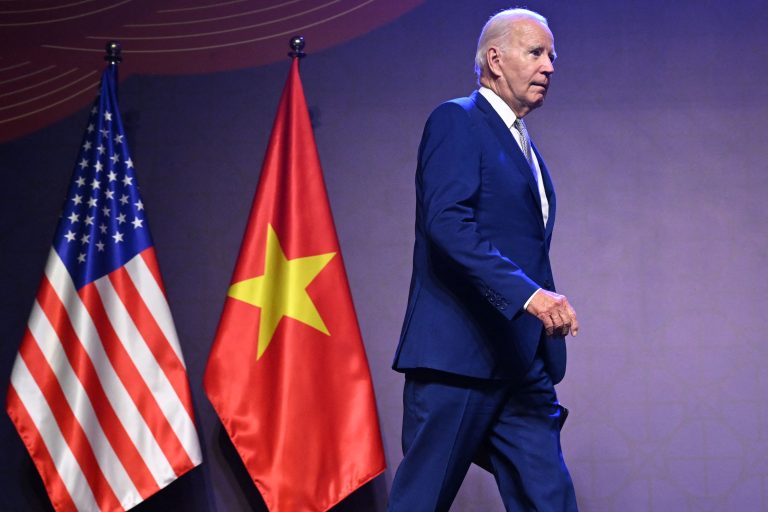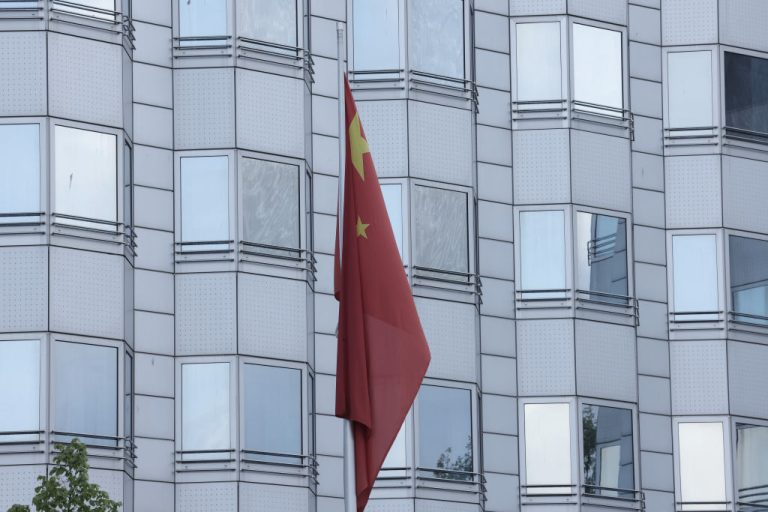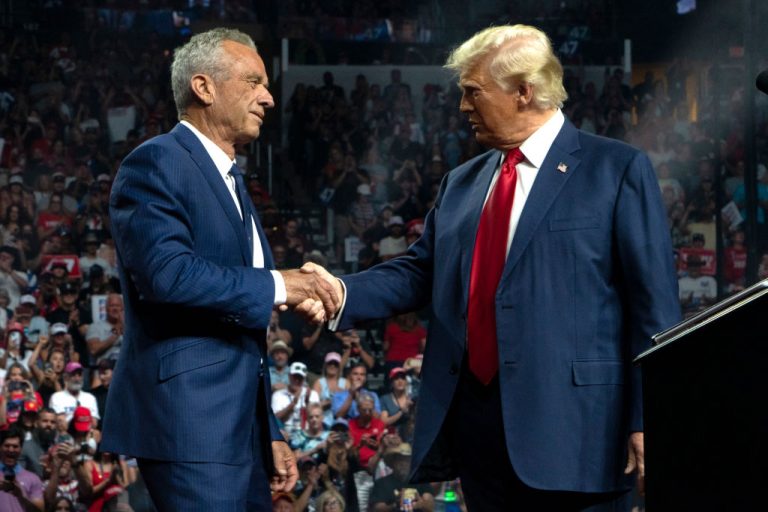On Sept. 10, relations between the U.S. and Vietnam reached an all-new high as the two nations upgraded their relationship to a “comprehensive strategic partnership.” As Beijing continues to make claims in the South China Sea, Washington and Hanoi wish to solve disputes without the “threat of use of force.”
This development came after President Joe Biden’s visit with Vietnam’s communist leader Nguyen Phu Trong for two days to bolster “bilateral cooperation” between them, the Anadolu Agency reported. The visit itself was made after Biden’s earlier attendance of a G-20 leader’s summit in New Delhi, India.
Meeting with Nguyen and other leaders, Biden planned to help Vietnam grow its economy, tighten “people-to-people ties” and take on climate change as the U.S. increases its presence in the Pacific against China.
Beijing has continued to defend its claims of territory across the South China Sea, ignoring an international court ruling that said it had “no legal basis” of said claims, SCMP wrote.
“The leaders underscored their unwavering support for the peaceful resolution of disputes in accordance with international law, without the threat or use of force,” Biden and Trong said in a joint statement.
Success
You are now signed up for our newsletter
Success
Check your email to complete sign up
Both leaders also wished to seek “freedom of navigation and overflight and unimpeded lawful commerce in the South China Sea.”
Under a “Comprehensive Strategic Partnership,” the two countries shall cooperate to “achieve our shared goals of peace, prosperity, and sustainable development,” according to a statement from the White House.
“A newly-signed Memorandum of Cooperation on Semiconductor Supply Chains, Workforce and Ecosystem Development will formalize this bilateral partnership to expand the capacity of the semiconductor ecosystem in Vietnam, in support of U.S. industry,” the statement read.
“Under the International Technology Security and Innovation Fund (ITSI Fund), created by the CHIPS Act of 2022, the United States will partner with Vietnam to further develop Vietnam’s current semiconductor ecosystem, regulatory framework, and workforce and infrastructure needs,” it added.
READ MORE:
- Ties Between Philippines and Australia Tighten as Joint Patrols Announced in South China Sea
- 269 Detained in Joint Cyber Scam Crackdown by Chinese and Myanmar Police
- In Latest Show of Control, China Bans iPhones for Central Government Officials: Report
Beijing’s Pacific claims
After Biden’s meeting in Hanoi, Chinese defense minister Li Shangfu canceled his own meeting with Vietnam’s defense leaders, three officials knowledgeable of the matter said, according to Reuters. He was supposed to attend an annual gathering on defense cooperation by Vietnam in early September, but it was postponed after Li supposedly experienced a “health condition.”
As China builds up its aggressive tendencies across the Asia-Pacific region, the U.S. hopes to find allies to counter Beijing’s influence, with the latter’s claims including territories in Vietnam.
After the U.S.-Vietnam meeting, officials of the Chinese Communist Party (CCP) claimed that a “Cold War mentality” was on the horizon, al-Jazeera wrote.
On Sept. 8, the China Coast Guard was accused of harassing two Philippine coast guard vessels around a grounded ship that was deliberately washed ashore in 1999 to counter China’s earlier movements. Last month, other Chinese vessels used water cannons against a Philippine resupply mission where cargo was being delivered to the reef.
Despite Vietnam’s growing concerns with China , Hanoi refuses to sever ties with the communist giant, as analysts warned that Washington should consider Vietnam’s “shortage of tech talent” and reliance on China’s supply chain.
“Vietnam cannot decouple from China,” Zachary Abuza, professor at the National War College in Washington, said, adding that Hanoi was “not a major manufacturer of goods,” and is pinned by a “middle-income trap,” where rising costs and declining competition hinder its economic growth.
“Most components [across sectors] are imported, mainly from China, 15 percent of all auto parts for vehicles assembled in Vietnam are manufactured internally, the rest are imported,” Abuza added.
“That is why Vietnam runs such enormous trade deficits with China.”







